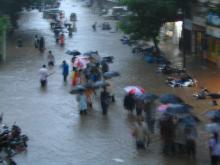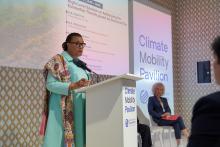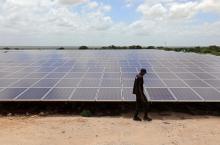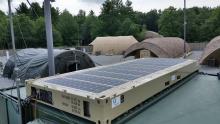Climate change is an existential threat to humanity. Warming of the atmosphere, oceans and land – driven by human activity – is causing climate variations and extremes all over the world, with over three billion people living in places that are highly vulnerable to climate change.












